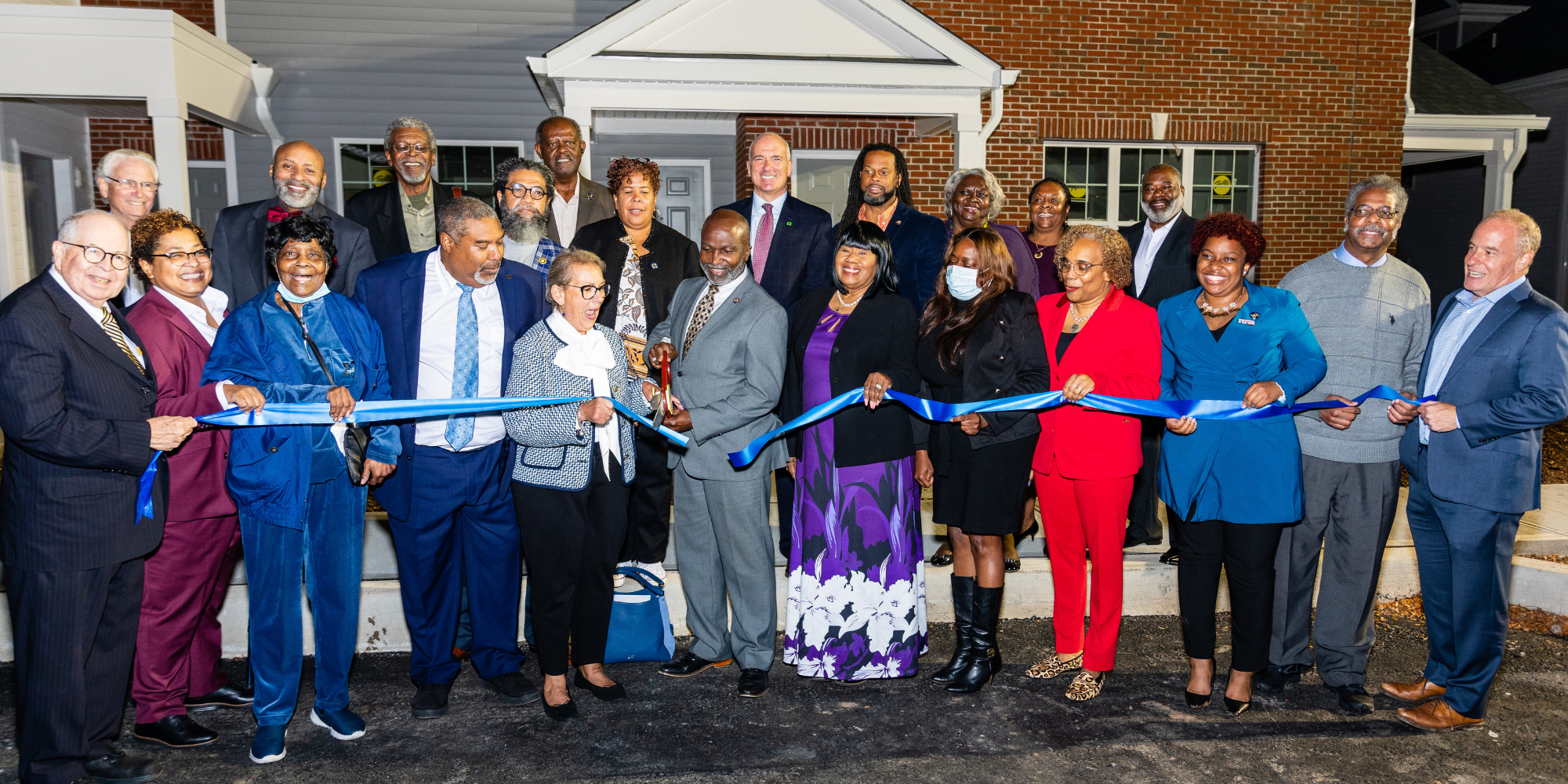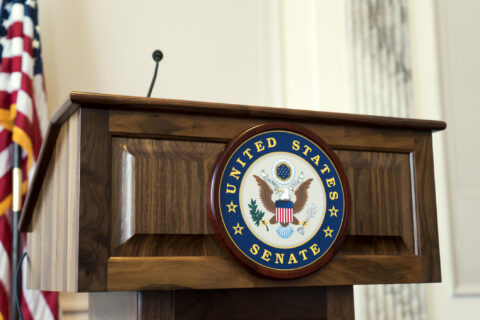Over 19,495 incorporated cities, towns and villages in the United States are home to over 200 million people or 86% of Americans. As such local governments and their leaders are uniquely positioned to serve as catalysts for transformational changes that improve the health and well-being of their residents.
The National League of Cities’ (NLC) Cities of Opportunity (CoO) initiative takes a holistic approach to support cities in generating this transformative change, with a focus on advancing health and racial equity. The work of CoO is grounded in the CoO Theory of Change which presents a vision of equitable opportunity for health and wellbeing for all city residents. It further lifts up strategies centered on equity and sustainability that champions civic engagement, data, financing, multi-sector collaborations and cross-city integration.
What we’re trying to do to get to the root here is eliminating causes of suffering and being agnostic about issues to address it. Wellbeing as a right we all deserve rather than the luck of the draw. We need bravery to do this work.
Mayor John Engen, City of Missoula, MT
In 2021, CoO saw:
- Seven cities in the Action Cohort develop collaborative, cross-sector partnerships and design policy and systems solutions that built health, well-being and equity within their communities.
- Leaders from six cities joined the Mayors’ Institute to focus on job creation and economic opportunities that improve health and equity.
- City leaders and their health system partners from ten cities joined together in a CoO Community of Practice to align around shared priorities ranging from behavioral health to housing.
- Over 39 community leaders participated in the CoO Learning Lab, a peer-to-peer virtual forum designed to bring cities together to advance equity by addressing the root causes of poor health.
2021 Action Cohort: Turning Crisis into Pathways for Equity and Resilience
With cities spanning four time zones and representing a mix of small, medium, and large municipalities, the 2021 CoO Action Cohort included a broad and diverse set of cities and focus areas. The work of this cohort embodies the collective work of local leaders and external partner organizations from the cities of:
- Fremont, California: With a focus on equitable health outcomes for the most vulnerable populations (including homeless, mentally ill, and elderly residents), expanded their data-sharing capacity through multi-sector partnerships; increased coordination for behavioral health crisis with a focus on reducing multiple emergency room visits; and reengaged partners to advocate for policy and systems change.
- Houston, Texas: Created a new structure for equitable prioritization of Green Stormwater Infrastructure by defining compounded risk, combining infrastructure vulnerability with peoples’ equity vulnerability. This prioritization structure will be applied to future Capital Improvement Plans.
- Kansas City, Missouri: Deepened the city’s role in equitably advancing health through multi-sector partnerships, data alignment and the alignment of programs and policies across divisions. Held a Regional Equity Summit to bring together partners and develop an equity lens for built environment.
- Milwaukee, Wisconsin: Evolved their work from a narrowly focused plan on affordable housing to a more global approach across their city-wide American Rescue Plan Act (ARPA) plan. Their work challenged all levels of city government to infuse racial equity into ARPA allocations.
- Missoula, Montana: Adopted a Justice, Equity, and Inclusion (JEDI) resolution within City operations, including funding approved through the city budget, and a parallel resolution at Missoula County. Implemented trainings and processes to institutionalize JEDI as a priority for all elected and staff leaders. Worked with local government and nonprofit organizations to develop a coalition to continue this work.
- Plainfield, New Jersey: Focused on city policies and practices to advance equitable community and economic development, including developing a cross-sector community-based Equity Advisory Team and a multi-stage equity action plan.
- South Fulton, Georgia: Developed ordinances to create opportunities for wealth and equity including an Economic Development Incentive Ordinance incentivizing developers to allocate commercial development space to locally owned businesses, a Small Business Resource Center to train entrepreneurs and a Local Business Preference Program for city services and contracts.
A full report celebrating the work of the 2021 Action will be released in March. Following the Action Cohort report, please lookout for the release of the Mayors’ Institute Summary report.
Connect with Us
Stay connected to CoO by subscribing to our newsletter. For questions about CoO and the work of Action Cohort, contact Sarah Weller Pegna at weller-pegna@nlc.org.
Cities of Opportunity is generously supported by the Robert Wood Johnson Foundation.








